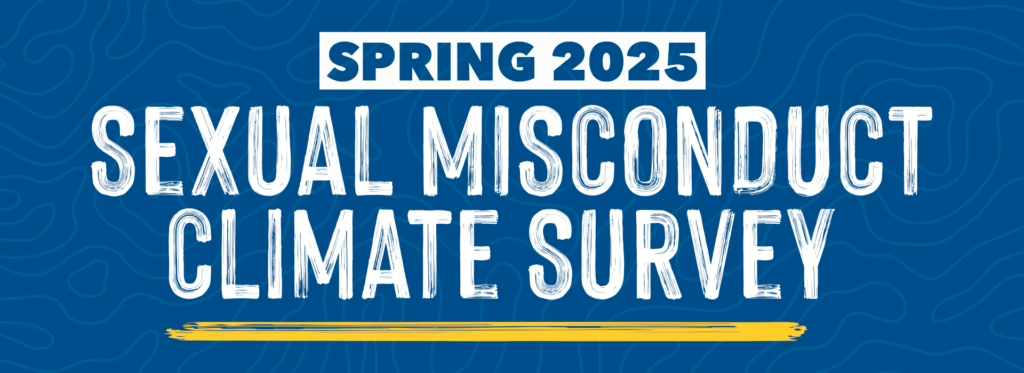Supporting Our Community
Prevention Through Education
The University is committed to addressing sexual assault by educating the University community on matters regarding sexual misconduct, providing assault survivors with the support they need and continuously reviewing our response to incidents so that we can respond to future incidents appropriately and provide support for victims.
This webpage is a central location for students to obtain the information they need and will continue to evolve as more information becomes available, requirements change, and processes are modified. We encourage you to review this site, share it with others, and send us your suggestions about how we can improve it, provide more information, or improve our response.
Through the University’s campus advocate, Stephanie Seyde, students are provided empowerment counseling, non-judgmental support, information about options, medical, legal, academic, and counseling advocacy. This position is employed by Pathways for Change Inc. but housed on campus.





